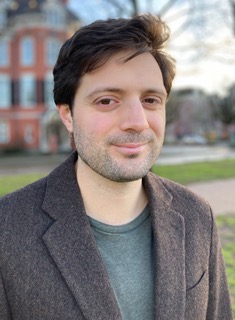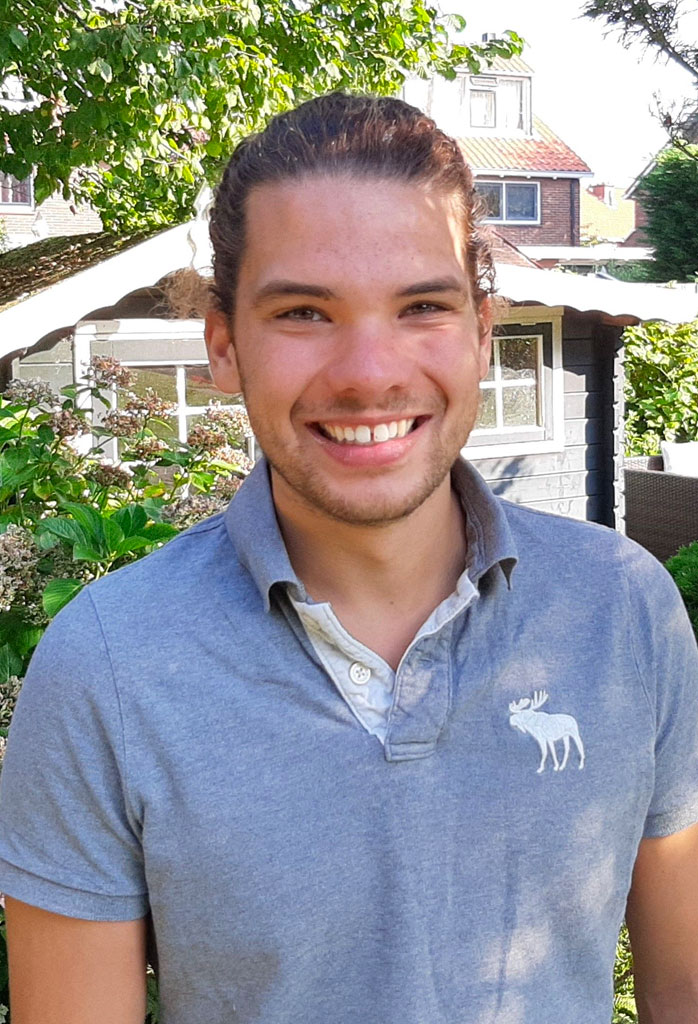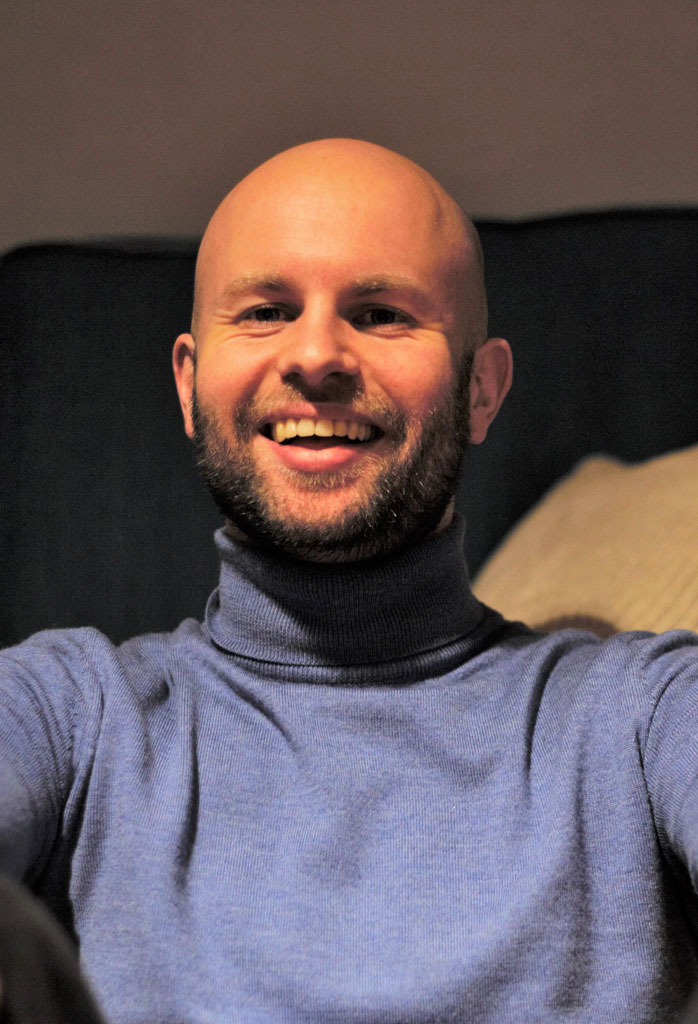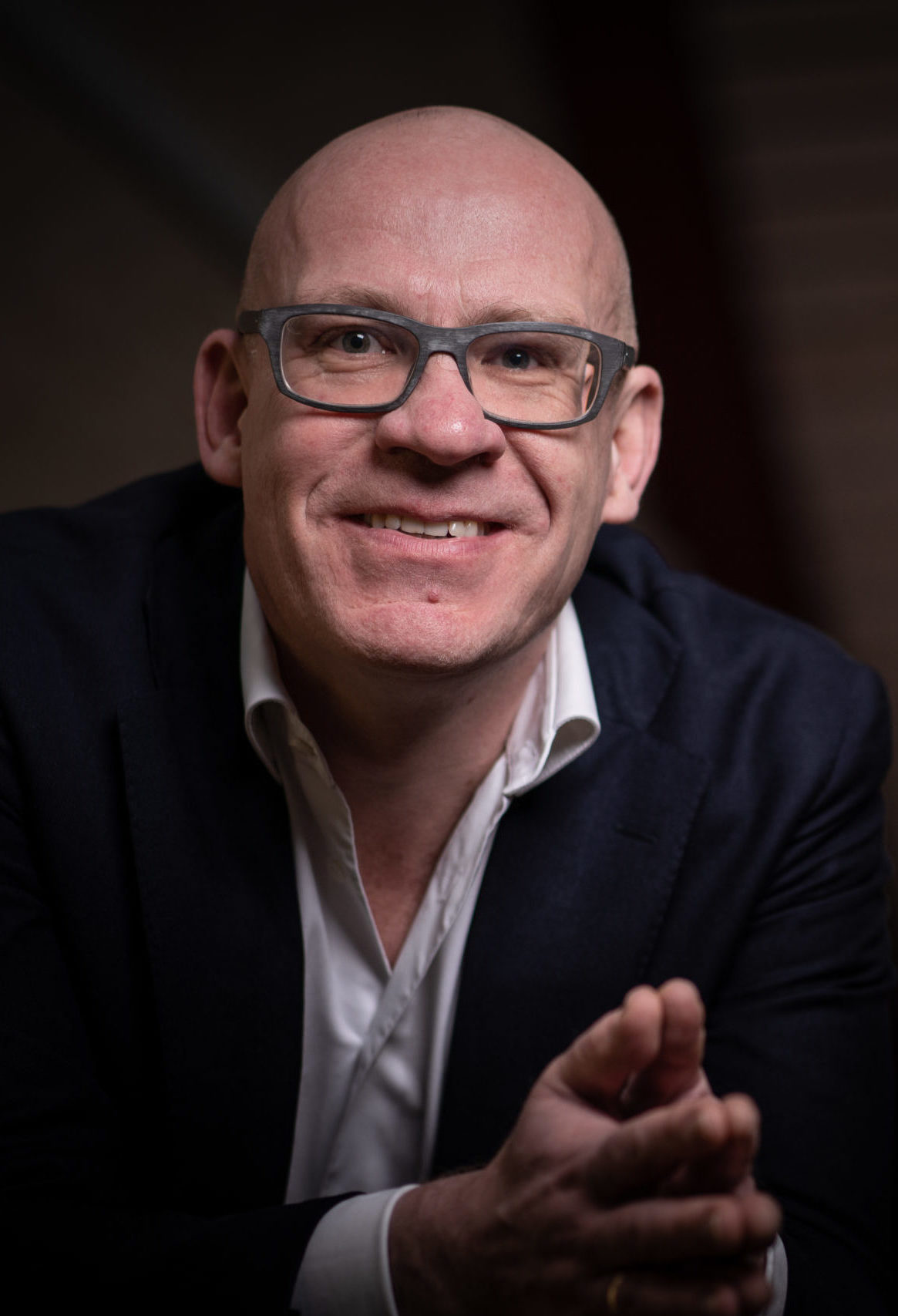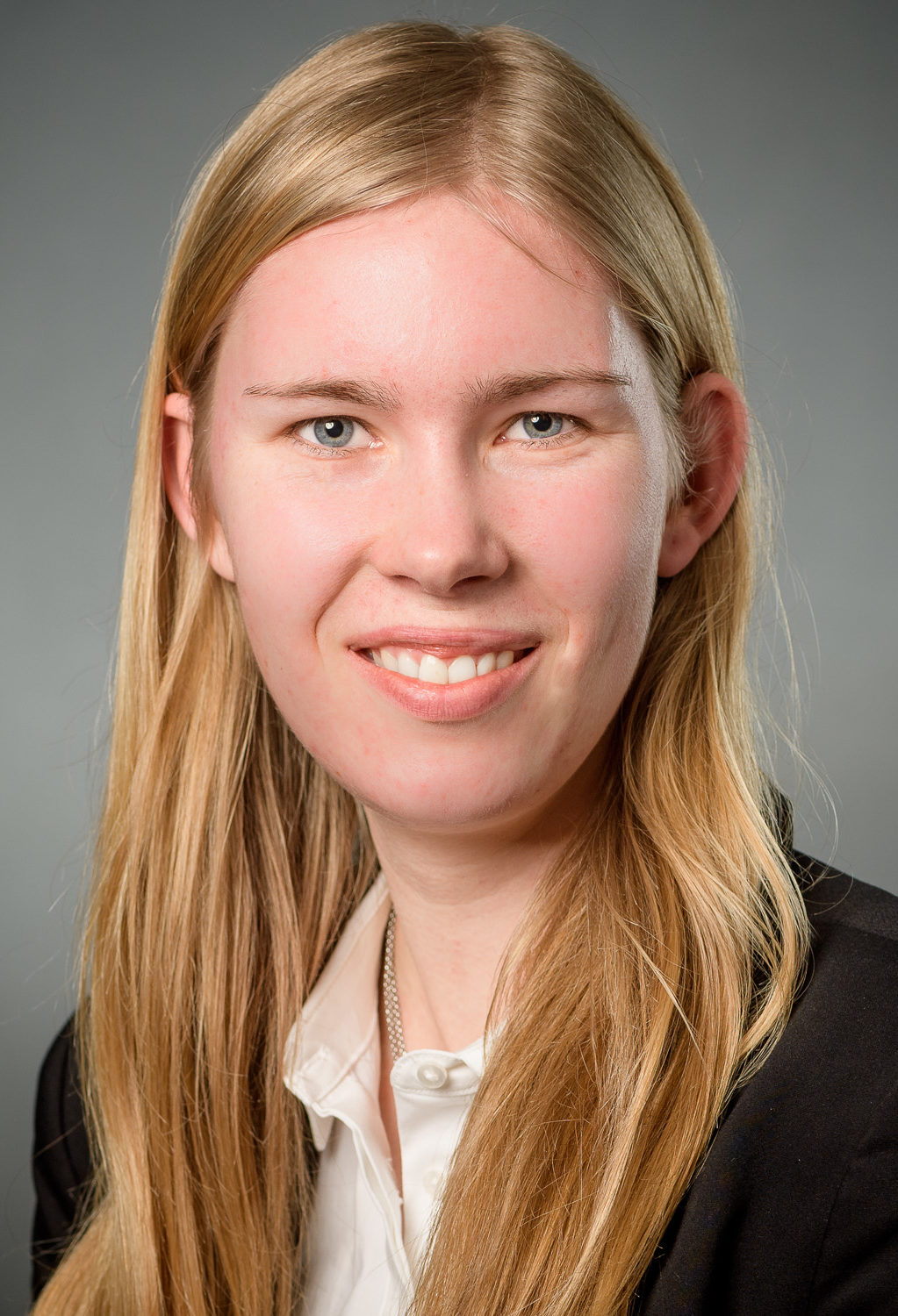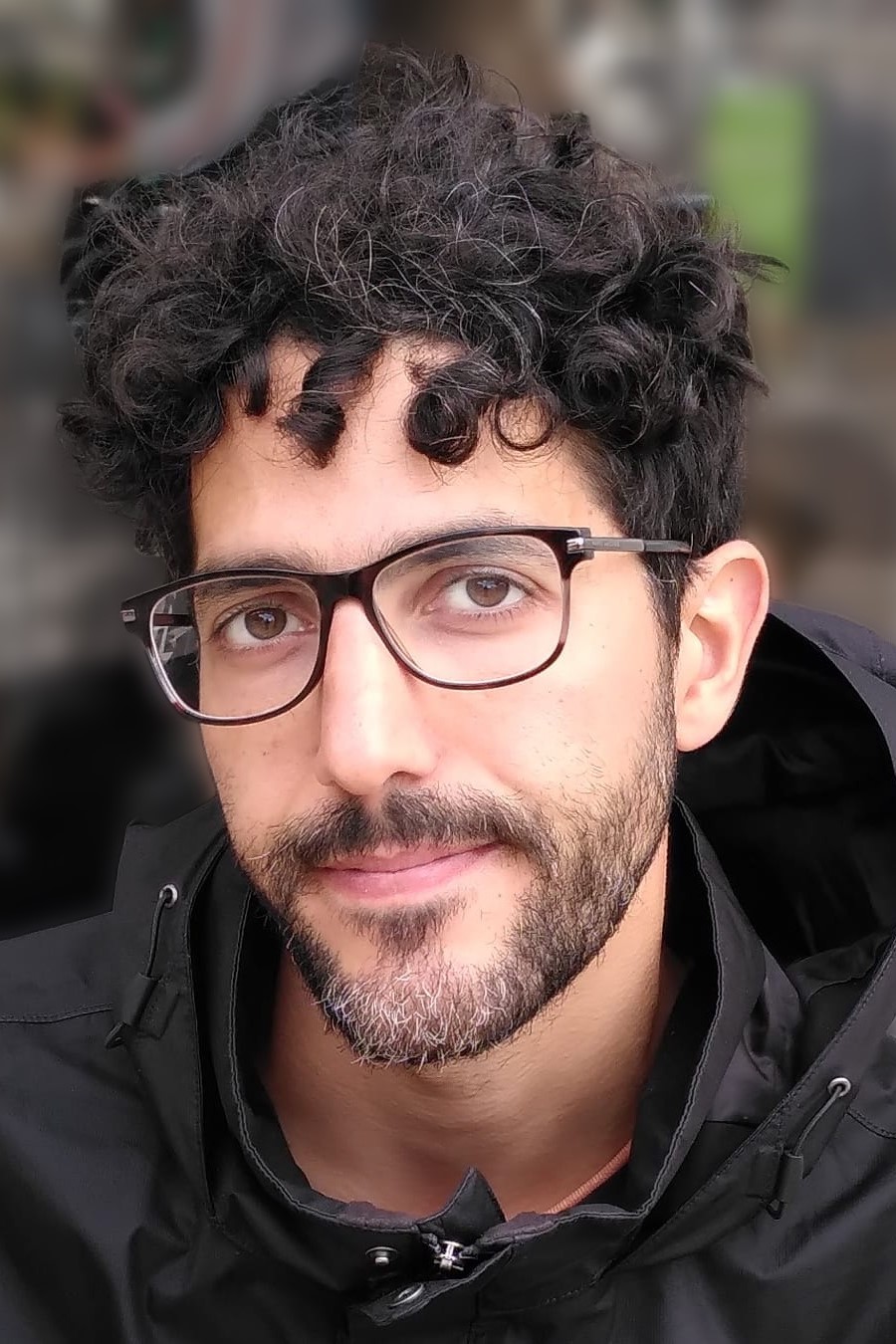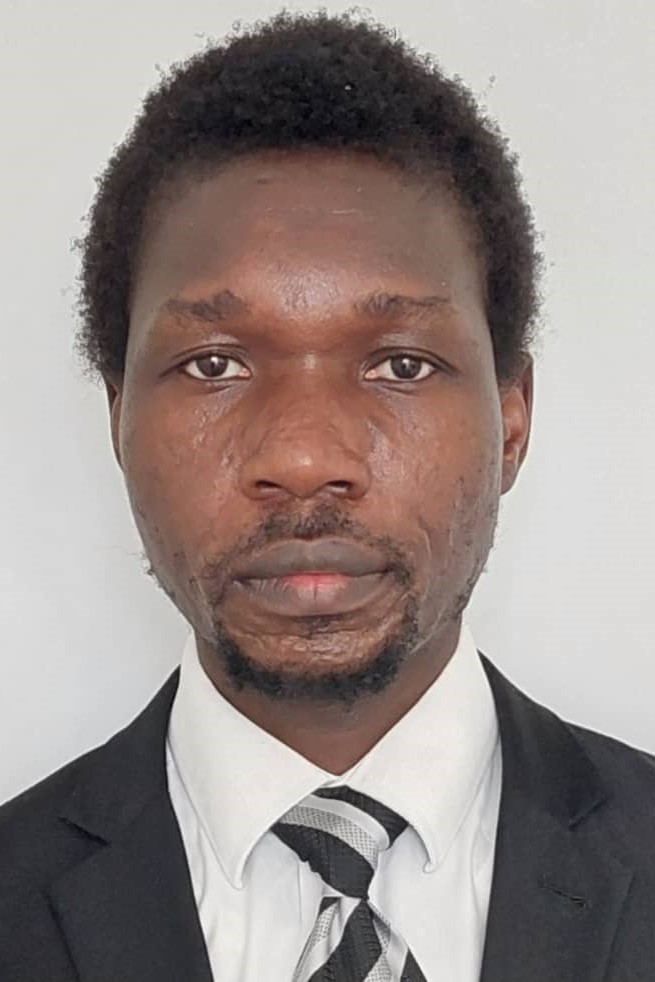Fundamentalism harms our societies. It consists of a complex set of beliefs, sentiments, attitudes, and actions that have all sorts of detrimental effects regarding, for example, the education of fundamentalist minorities, the perception of public safety, and the general image of religions. Scholars in fundamentalism studies have developed various models to better understand fundamentalism, such as the Radicalization Model. Increasingly, though, they are dissatisfied with these models, since they are often unable to explain why some individuals turn to fundamentalism while others do not.
The project
A new normative-theoretical framework
This project will provide a new normative-theoretical framework that is needed to better understand and assess one of the main reasons for fundamentalist behavior: fundamentalist beliefs. In order to do this, our team combines influential methods in analytic philosophy, like conceptual analysis and reflective equilibrium, with literature reviews of empirical and historical research and normative-theoretical analysis of case studies. It is funded by the European Research Council and carried out in the Faculty of Humanities and the Faculty of Religion and Theology at the Vrije Universiteit Amsterdam.
How we work
The epistemology and ethics of fundamentalism that we develop addresses five questions. First, what makes extreme beliefs fundamentalist beliefs, and how do they relate to other cognitively detrimental phenomena? Second, how does the social environment affect the rationality of fundamentalist beliefs? Third, what obligations regarding their beliefs do fundamentalists violate? Fourth, which circumstances, like indoctrination, excuse people for violating such obligations? Fifth, how does this epistemology and ethics of fundamentalist belief help to better understand and assess fundamentalism?
This project breaks new ground in epistemology and ethics by exploring responsibility for extreme beliefs and fundamentalist beliefs in particular. It is also beneficial to the academic fields involved in fundamentalism studies, because those fields are largely based on historical and empirical work rather than conceptual and ethical analysis.
We reach this aim by publishing interdisciplinary material on fundamentalism in leading journals and with high quality publishers, by organizing lectures, workshops, and conferences, and by reaching out to a larger audience in various media outlets. These resources are available on this website.
Subprojects
Subprojects 1-5 constitute the core of this project. They are funded by the European Research Council. The other projects are carried out by external PhD candidates and Interns. They put flesh to the bones of the normative-theoretical framework developed in subprojects 1-5 by studying fundamentalism in specific areas, such as right-wing fundamentalism in higher education, fundamentalism and creationism, and the role of women in various fundamentalist movements. You will find a description of each project below.
Subproject 1
An Epistemology of Individual Fundamentalist Belief
The main aim of this subproject is to develop an epistemology of individual fundamentalist belief. It undertakes a conceptual analysis of ‘fundamentalist belief’ and its relation to various other, similar categories, such as ‘extreme beliefs’ in general. It spells out how fundamentalist beliefs relate to other epistemically detrimental phenomena like intellectual vices and belief in conspiracy theories.
It provides an account of the various positive and negative epistemic statuses fundamentalist beliefs can have, such as rationality and justification. These objectives will be reached by a thorough literature review, conceptual analysis, and a careful application to four selected case studies.
Subproject 2
An Epistemology of Group Fundamentalist Belief
The aim of this subproject is to spell out an epistemology of how the social context affects the rationality of fundamentalist belief. It explores to what extent and in which sense fundamentalist groups can display vices (or virtues). It develops an account of when it is rational to embrace the testimonial evidence of an authority within a fundamentalist group. It spells out how peer disagreement bears on the epistemic status of fundamentalist belief. These objectives will be reached by way of literature review, conceptual analysis, the tools of social epistemology, and the application of these ideas to another four case studies.
Subproject 3
Obligations regarding Fundamentalist Belief
The aim of this subproject is to spell out an epistemology of how the social context affects the rationality of fundamentalist belief. It explores to what extent and in which sense fundamentalist groups can display vices (or virtues). It develops an account of when it is rational to embrace the testimonial evidence of an authority within a fundamentalist group. It spells out how peer disagreement bears on the epistemic status of fundamentalist belief. These objectives will be reached by way of literature review, conceptual analysis, the tools of social epistemology, and the application of these ideas to another four case studies.
Subproject 4
Excuses regarding Fundamentalist Belief
This subproject aims to give an account of excuses for violating obligations regarding fundamentalist beliefs. The key question is when rational capacities are undermined by social factors, such as isolation, group pressure, or indoctrination, to such a degree that individual or group moral responsibility is mitigated. The project explores to what extent excuses from (the philosophy of) law translate to epistemic and moral excuses for fundamentalist belief. It provides a detailed theory of various doxastic excuses, indoctrination in particular. And it develops an account that provides criteria as to when specific doxastic excuses hold. These objectives will be reached by applying a literature review, the method of reflective equilibrium, and the application to four case studies.
Subproject 5
Synthesis: An Epistemology and Ethics of Fundamentalist Belief
This subproject will spell out how our new epistemology and ethics of fundamentalist belief helps us to understand and assess fundamentalism. The two objectives of this synthesis are to provide a detailed account, both on an individual level and a group level, of the positive or negative epistemic (e.g., rationality) and moral status (e.g. blameworthiness) of fundamentalist belief, and to spell out how understanding the rationality of and responsibility for fundamentalist beliefs increases our understanding of fundamentalist belief and the fundamentalist behavior to which it leads. The methods are conceptual analysis and reflective equilibrium.
Subproject 6
Extreme Beliefs in a Digital Age
This subproject carries out comparative research into extreme beliefs in a digital age. It focuses on the impact of extreme right-wing speech and religious fundamentalist rhetoric in social media on epistemic authority and social imaginaries of millennials from religious minority groups in Amsterdam and Mumbai. The use of social media by young people has also grown strongly in recent years, but how susceptible are millennials to right-wing hate speech and religious fundamentalist rhetoric on social media? This research project is conducted in the light of the fact that many European countries’ governments are struggling with multiculturalism and particularly with the rise of the Islam as a result of immigration. Meanwhile in India, both Muslim and Hindu fundamentalists are delivering strong evocative messages and conspiracy theories on digital platforms.
Subproject 7
Coming Out and Fundamentalism
This subproject will explore the coming out experiences of LGBTQ+ individuals from fundamentalist backgrounds in Islam, Judaism, and Christianity. This qualitative research will be conducted by interviewing both sexual and gender minority informants who come from fundamentalist faith backgrounds and also individuals who support LGBTQ+ people of faith. These supportive informants might be leaders in progressive faith communities, mental health workers, or may fulfill a range of other roles. Goals of this research will be to not only gather information on the little-known experiences of marginalized individuals of faith but also to better inform and equip mental health and social services workers to support these individuals.
Subproject 8
World-View Transformation and De-Radicalization
This subproject examines the word-view transformation and de-radicalization of former Muslim refugees in the Levant since the start of the Syrian and Iraqi crises. It explores the role of faith-based actors and interactions between disparate communities brought together in the refugee crisis to discern potential factors that contribute to de-radicalization and world-view changes among extremists. This subproject is meant to stimulate fruitful conversation between the fields of missiology and de/counter radicalization and understand in the Levant context what influences changes in extreme beliefs and behaviors.
Subproject 9
Women in the Extreme
This subproject focuses on women in various fundamentalist movements. It will provide a philosophical conceptual comparative analysis of arguments that are meant to legitimize beliefs about women in fundamentalist worldviews. The comparison will focus on texts and expressions within right wing- and Muslim-fundamentalist worldviews. A multidisciplinary method will be applied; conceptual analysis and argumentation theory on one hand, and the empirical analysis of texts on the other.
Subproject 10
Right-Wing Fundamentalism in Secondary Schools
The aim of this subproject is to explore the relation between right-wing radicalisation of some students and their social networks within secondary schools. For this purpose, interviews and a social network analysis are carried out. Results show that the social network within schools is primarily related to the perceived marginalisation of students’ own ethnic group. The mechanisms construction of meaning and social identity theory seem to play a role in the link between social networks and radical beliefs. Furthermore, results show that radical students occupy central positions in the network. Based on this study, it can be concluded that social networks within schools are related to specific aspects of students’ radical beliefs.
Subproject 11
Fundamentalism and Distrust towards Science
A possible consequence of having a fundamentalist belief, is distrust in science and institutions. This subproject aims to find out if and how this happens, using young-earth creationism in the Netherlands as a case-study. Creationists often distrust “science”, and it seems to make them more likely to also be skeptical of anthropogenic climate change, or it makes them think that the corona crisis is not as bad as projected. Whether we can really say creationism leads to conspiracy thoughts on science and institutions, needs to be tested. This subproject consists of literature studies on conspiracy thinking and creationism, and interviews with prominent creationists.
Subproject 12
Fundamentalism, Good, and Evil
A core fundamentalist belief is that a large portion of the world’s population is in some sense ‘evil’, while only a small minority lives in accordance with the Ultimate Truth. Leading scholars such as Martin Marty, Scott Appleby, and Malise Ruthven have described this morally dualistic worldview as Manichaean. However, how should such Manichaeism be understood? How exactly does this fundamentalist view relate to the teachings of the third century gnostic prophet Mani? Moreover, what consequences does the idea of a cosmic struggle between good and evil have for the fundamentalist perception of evil’s earthly representatives? Are those who do not live according to the one Truth superhuman (demonic), subhuman (verminous) or something in between? By answering these questions this subproject aims to give an account of how cosmic Evil and human evil might be related in fundamentalist worldviews.
Subproject 13
Fundamentalism and technology
In our society, technology is becoming more and more important. Smart algorithms filter content and influence the way people look at the world. Generating algorithms are being used more and more to create content and it becomes very difficult to distinguish real from fake content. This subproject studies what role these algorithms, often dubbed as synthetic media, play in the formation of a particular kind of extreme belief, namely belief in conspiracy theories. Based on literature studies and case studies, an ethical evaluation of synthetic media will be conducted, which will result in recommendations for how to use synthetic media in a responsible way.
An example of synthetic media can be watched here where an avatar reads the text of this subproject.
Subproject 14
Conspiracy theories and fundamentalism
The aim of this sub-project is to map the role of conspiracy theories in fundamentalist views. In addition to a literature study, a case study by QAnon in the Netherlands is used to investigate how conspiracy theories work and what the dangers are. The central element of this research is how methodological features and social significance of conspiracy theories can contribute to fundamentalist ideologies and how extremist groups can use and deploy them.
Subproject 15
Divine Humour and Fundamentalism
The aim of this subproject is to explore the relationship between how God experiences humour (or not) and the possible influence this may have on fundamentalist thinking. To do this, we must first consider whether or not God, on classical theistic conceptions, is capable of experiencing humour and, more importantly, what evidence can be adduced to support this. Is humour merely a human disposition, or does God see the funny side of things too? Is it a wrong to live without humour? Is there a correlation between divine humour (or a lack thereof) and fundamentalist thinking?
Subproject 16
Fundamentalism and economical factors
In the media claims are regularly made to the effect that people who suffer from poverty are more likely to turn to fundamentalism. This subproject investigates the role that economic factors play in explaining fundamentalism. It will evaluate to what extent theories that argue that economic factors play a role in developing fundamentalist beliefs can account for people’s turning to and maintaining of fundamentalist beliefs. By critically studying the literature on this topic, this subproject aims to conceptualize economic factors in explaining fundamentalism.
Subproject 17
Fundamentalism and Images of God
Images of God are important explanatory factors for various outcomes, such as conservative gender ideology, political tolerance and having a tendency towards religious fundamentalism. Talking about religious fundamentalist beliefs is talking about God, who he is, and what he is like. Therefore, considerations about God’s nature and character might contribute to the understanding of and dialogue with religious fundamentalist groups. This subproject focuses on different divine attributes to develop a conceptual map of God images, which can then be used to indicate the predominant God image in several quintessential U.S. protestant fundamentalist texts. Thorough systematic reflection and conceptualization of the different God images could clarify the attributes that are most influential in U.S. protestant fundamentalist thinking.
Subproject 18
Fundamentalism, secularity and human dignity
Fundamentalists tend to reduce reality to one factor out of which the whole is being perceived and judged. Reducing reality to one aspect can mean that important features of the human being are not being reckoned and seen. It can also mean that the public domain has to be organized on the basis of one or a few religious features. This subproject focuses on the question how the notions of secularity and human dignity can help to counter religious and extreme-right fundamentalism. In the research the history of the concepts will be treated. Furthermore the project will research what the notion of secularity entail and how the concept of human dignity can help to give meaning to the notion of secularity. The project asks how the role of reason can help to develop a common language between believers and non-believers. At last, the notions of secularity and human dignity will be applied to the rule of law.
Subproject 19
Belief Policies and Conspiracy Theories
The aim of this subproject is to develop an epistemology of the evidential norms characteristic of belief in conspiracy theories. It undertakes a conceptual analysis of ‘conspiracy theory’ and its features of being ‘about a conspiracy’ and being ‘a theory.’ It provides an account of belief in various contemporary relevant conspiracy theories by analyzing the arguments supporting these theories and uncovering a set of belief policies characteristic of such belief. These belief policies will then be evaluated in terms of their truth-conduciveness and intellectual virtuousness. These objectives will be reached by a thorough literature review, conceptual analysis, the tools of social epistemology, and empirical research into eight case studies.
Subproject 20
First-person perspectives on fundamentalism
The aim of this sub-project is to study the dynamics at play in fundamentalist communities through the analysis of first-person accounts. What brings individuals to join, stay in, and leave fundamentalist communities? What beliefs and emotions do people live through in those situations? Through a comparative, literary, and philosophical analysis of memoirs written by former members of fundamentalist groups, this sub-project looks both for commonalities between different individual experiences and for peculiarities in each unique story. The goal is to map what people believe, and how they feel, when fundamentalism becomes part of their lives, and when they leave it behind.
Subproject 21
Autonomy, Theonomy and Moral Accountability in the Context of Religious Extremism in Nigeria
In the coming year, Dr Aku will be working on Autonomy, Theonomy and Moral Accountability in the Context of Religious Extremism in Nigeria. As a victim of religious extremism, this project aims to examine how sacred texts have been manipulated in the extreme dehumanisation of religious minorities. The research will, among many, address questions like: How can a better understanding of the relationship between causally/determined and freely executed actions provide exciting avenues for exploring the problem of moral evil, especially in the context of religious extremism? What implications does theonomy have for moral accountability? Does theonomy encourage the dehumanisation of people as a form of religious duty? In other words, what are the ethics and motivations for religious fundamentalism and extremism, given the notion of theonomy?



